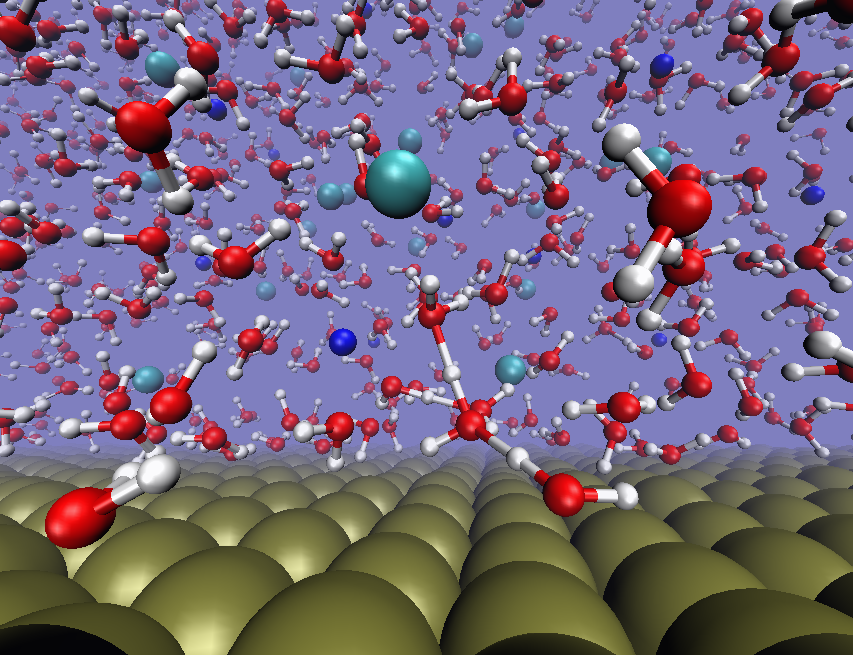

- This event has passed.
TYC 6th Energy Materials workshop: Modelling Energy Interfaces
14 December 2022 @ 9:00 am – 16 December 2022 @ 5:00 pm
Sponsored in part by the EPSRC-JSPS Core-to-Core Collaborations in Advanced Functional Materials: EP/R034540/1 Defect Functionalized Sustainable Energy Materials: From Design to Devices Application
and
EPSRC grant: Discovering twisted bilayer materials with strong electron correlations: EP/S025324/1
Format: in-person
Venue: Wellcome Collection, 183 Euston Road, London, NW1 2BE
Registration: Early-bird registration deadline: 15 October 2022, registration fee: 150 pounds; regular registration deadline: 30 November 2022, registration fee: 200 pounds. Registration covers lunches on Dec. 14/15/16, dinner & drinks at the poster session as well as refreshments during breaks; register via the ‘Register’ button below:
Abstract submission: deadline for poster abstract submissions is 15 October; submit your abstracts via this link:
Developing an efficient and sustainable energy technology remains one of the key global challenges, but this requires advances in the understanding of energy materials. Materials modelling can provide atomic-scale insights, but applying these techniques to realistic in-operando interfaces is challenging.
In this workshop, we bring together leading theorists and experimentalists for three days of invited and contributed talks and poster sessions, to discuss the current state-of-the-art in modelling interfaces and outline future directions guided by experimental and technological needs.
The workshop will take a place at the Wellcome Collection located in the heart of London, a beautiful venue which also hosts a famous museum (https://wellcomecollection.org/) exploring the history of medical artefacts.
Directions to the Wellcome Collection
Preliminary programme:
Wednesday 14 December
9.00 am: welcome
Session 1: Tutorials
9.30 am: Kirk Bevan (McGill University) – The Physics of Electrochemical Interfaces
10.30 am: coffee & snacks
11.00 am: Michiel Sprik (University of Cambridge) – The relation and distinction between redox potentials, electrode potentials and Fermi levels
12.00 pm: lunch
Session 2: structure & stability of interfaces
1.30 pm: Karsten Reuter (Fritz-Haber Institute) – Out of the crystalline comfort zone: atomistic modelling of operando energy conversion systems
2.10 pm: Chiara Gattinoni (London South Bank University) – Strain-driven dissociation of water (incipient) ferroelectrics
2.35 pm: coffee & snacks
3.00 pm: Bilge Yildiz (MIT) – Atomic and electronic structure and hydrogen interactions at the Al2O3/Al interface quantified by ab initio grand canonical Monte Carlo
3.40 pm: Stefan Bromley (University of Barcelona/ICREA) – An unconstrained approach to systematic structural and energetic screening of materials interfaces
4.05 pm: short break
4.30 pm: panel discussion led by Jochen Blumberger (UCL)
5.30 pm: poster session including dinner & drinks
Thursday 15 December
Session 3: modelling electrified interfaces
9.00 am: Jan Rossmeisl (University of Copenhagen) – Electrocatalysis on high entropy alloys
9.40 am: Margherita Buraschi (Imperial College London) – Efficient electron open boundaries for electrochemical applications
10.05 am: Romain Reocreux (University College London) – Ten-Electron Count Rule for the Reactivity of Single-Atom Alloy Catalysts
10:30 am: Tea / coffee break
11.00 am: Marc Koper (Leiden University) – New models for the platinum-electrolyte interface
11.40 am: Matthew Darby (Imperial College London – Towards the development of a realistic model of the electrified Pt-water interface
12.05 am: Nicodemo Di Pasquale (Brunel University London) – A coupled constant potential/quantum mechanical/molecular dynamics simulation for the description of the graphite-electrolyte double layer
12.30 pm: lunch
Session 4: chemical reactions at interfaces
1.30 pm: Kristina Tschulik (Ruhr-Universitaet Bochum) – Exploring the metal/electrolyte interface by single nanoparticle electrochemistry
2.10 pm: Philip Schienbein (University College London) – Solvation Dynamics at the hematite/liquid water interface
2.35 pm: coffee & snacks
2.55 pm: Karoliina Honkala (University of Jyväskylä) – Influence of reaction conditions on modeling electrocatalysis
3.35 pm: Masaaki Kitano (Tokyo Institute of Technology) – Oxynitride-Hydrides as catalysts for ammonia synthesis
4.00 pm: panel discussion led by Alexei Kornyshev (Imperial) and Clotilde Cucinotta (Imperial)
Friday 16 December
Session 5: electronic excitations at interfaces
9.00 am: Santosh Kumar (Diamond Light Source): Development of liquid and electrochemical cells for in-situ NAP XPS/NEXAFS investigation
9.40 am: Jack Strand (University College London) – Charging and Degradation of Amorphous Oxide Films in Electronic Devices
10.05 am: Simone Piccinin (Instituto Officina dei Materiali, Trieste) – Surface hole accumulation drives multielectron water oxidation on hematite photoanodes
10.30 am: coffee & snacks
10.50 am: Alfredo Pasquarello (EPFL) – Band alignment, surface coverage and charge transfer at semiconductor-water interfaces
11.30 am: Chengcheng Xiao (Imperial College London) – Fantastic Electrides and Where to Find Them
11.55 am: Hideo Hosono (Tokyo Institute of Technology) – Extension of electride concept: electro-active space in crystals
12.35 pm: lunch
Session 6: energy conversion with 2D and layered materials
1.50 pm: Cecilia Mattevi (Imperial) – A platform of 3D printed energy storage devices to power wearable sensors
1:15 pm A.K. Thakur (Indian Institute of Technology Patna) – Doped Graphene Anode for Energy Storage Applications
2.40 pm: coffee & snacks
3.00 pm: Arkady Krasheninnikov (Helmholtz Zentrum Dresden-Rossendorf) – Single and multi-layers of alkali metal atoms inside graphene and MoS2 bilayers as well as their heterostructures: a systematic first-principles study
3.40 pm: end of conference
Contact:
Johannes Lischner
j.lischner@imperial.ac.uk
Organisers:
Clotilde Cucinotta – Imperial College London
Johannes Lischner – Imperial College London
Alex Shluger – University College London
Karen Stoneham – University College London
Martijn Zwijnenburg – University College London
Suggested hotels:
